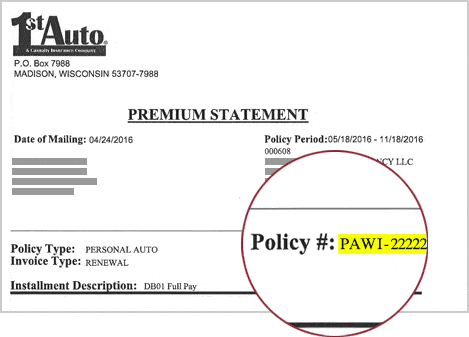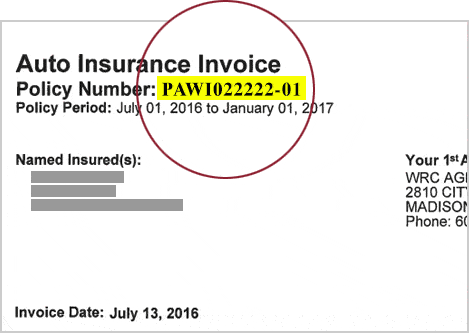Insural Insurance Solutions, Inc. Aquires WRC Agency’s Business
We’re pleased that Insural Insurance Solutions, Inc., a wholly owned subsidiary of Farmers Union Service Assn., LTD., acquired WRC Agency’s business as of November 3, 2023.
Insural Insurance Solutions specializes in supporting rural communities and underserved agencies. There’s no requirement for an agent to have a current or past business relationship with Wisconsin Reinsurance Corporation, WRC Agency or 1st Auto to seek a contract with Insural Insurance Solutions.

Agents who have signed a contract with Insural will be able to log in via the CAPNet Connect Portal:
CAPNet Connect Portal (Insural)
If you have not yet contracted with Insural, please send an email to Cindy Johns at Cindy.Johns@insural.com. Once contracted, you will be able to submit new business as well as service existing business directly using the CAPNet Connect Portal above. Please note that during this transition, you may have client information in the CAPNet portal.
If you have any questions, please contact Insural at 866-854-4223 or info@Insural.com.



